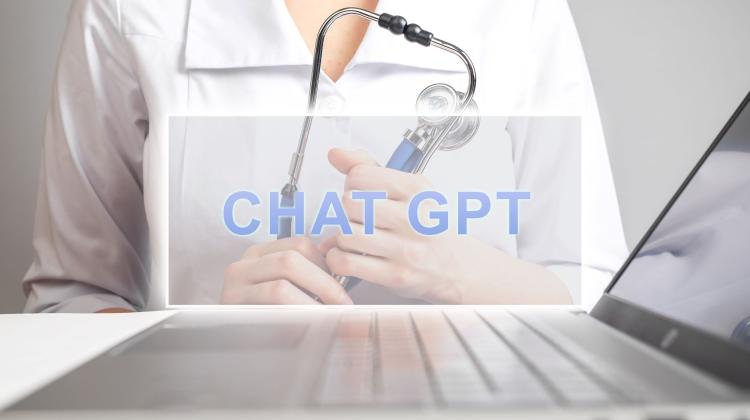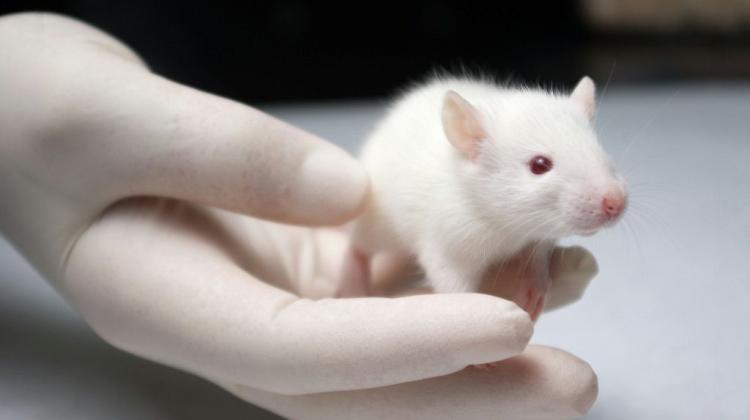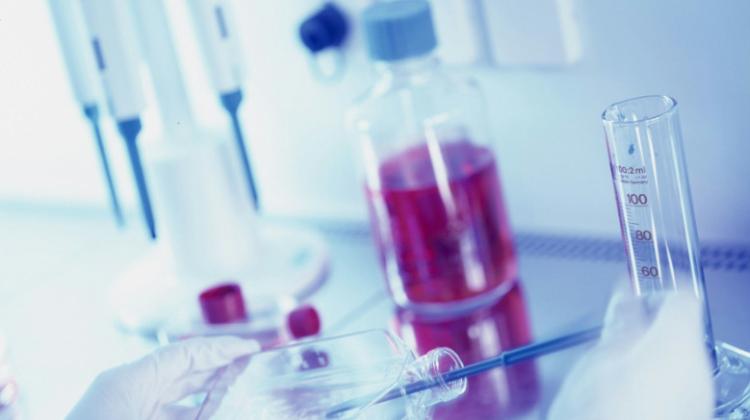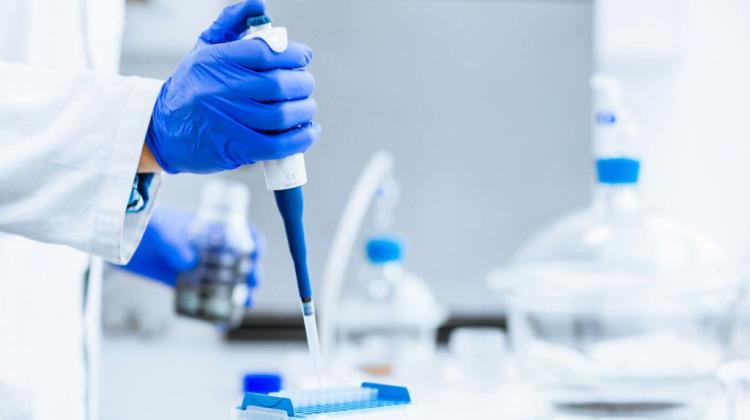The link between the search for new thrills and addictions explained

The brain mechanism responsible for both the tendency to look for thrills, as well as susceptibility to addiction has been discovered by scientists from the Department of Molecular Neuropharmacology, Institute of Pharmacology PAS.
Their results have been published in the latest issue of the renowned journal Biological Psychiatry.
"The results of our study may be useful in the development of new therapies for addicts" - believes the study co-author Prof. Ryszard Przewłocki, Head of the Department of Molecular Neuropharmacology at the Institute of Pharmacology, Polish Academy of Sciences.
Previous studies have shown that new experiences activate the brain reward system in a manner similar to the addictive compounds. Different teams of researchers also observed that the desire to search for new experiences and engaging in risky situations is linked to increased susceptibility to addiction to alcohol or drugs. It was known that the basis of both behaviours is the activity of the so-called dopamine system in the brain (in this system, nerve cells communicate via the neurotransmitter dopamine).
In their recent study on mice, scientists from Kraków showed, however, that mGluR5 receptors for glutamate play a key role. It is one of several receptors for the neurotransmitter.
The experiments were conducted on mice, which due to mutation did not have the receptor on the neurons sensitive to dopamine.
It turned out that mutated rodents were less eager to explore a new cage, to which they had been transferred, and showed little interest in new objects placed by their environment, or in the search for new experiences.
When given alcohol, they would drink it just like genetically unaltered animals. However, after a period of forced abstinence they would not drink it in increased amounts, unlike control mice, which almost doubled alcohol intake.
Prof. Przewłocki explained that scientists regarded compulsive drinking of alcohol by rodents after a period of lack of access to it as evidence of addiction. The results of experiments indicate that mice that do not have mGluR5 receptor do not exhibit a tendency to compulsive drinking.
The lack of this receptor did not have an effect on other aspects of animal behaviour, such as learning and memory, sensitivity to reward and stress.
"The results of experiments conducted on mice without mGluR5 glutamate receptors bring us closer to understanding the mechanism of addiction" - said research team member Magdalena Sikora.
According to study co-author Dr. Jan Rodriguez, the results show that there is a common molecular mechanism of addiction and the search for thrills.
The results can also help in the development of new drugs for the treatment of addicts, concluded Prof. Przewłocki.
***
Dr. Jan Rodriguez Parkitna a molecular biologist at the Institute of Pharmacology PAS in Kraków, who studies the neural mechanisms responsible for changes in behaviour. He co-authored a number of papers published in renowned international journals such as Neuron, Nature Neuroscience and PNAS.
Magdalena Sikora is a graduate of the Institute of Applied Psychology, Jagiellonian University, and since 2009 a PhD student at the Department of Molecular Neuropharmacology, Institute of Pharmacology PAS in Kraków.
Prof. Ryszard Przewłocki is a neuroscientist and pharmacologist. He co-authored a number of fundamental, widely cited papers published in prestigious scientific journals, including Science, Nature, PNAS, Genome Biology, Neuron, Journal of Neuroscience, Neuropsychopharmacology and Pain. His interests include mechanisms of action of endogenous opioids, stress, pain and drug addiction, and recently molecular and genetic mechanisms of action of psychotropic drugs, transcriptomics and genomics. He is head of the Department of Molecular Neuropharmacology at the Institute of Pharmacology PAS in Kraków and the Department of Neurobiology and Neuropsychology, Institute of Applied Psychology of the Jagiellonian University in Kraków. He is a corresponding member of PAU.
PAP - Science and Scholarship in Poland, Joanna Morga
agt/ mrt/
tr. RL
Przed dodaniem komentarza prosimy o zapoznanie z Regulaminem forum serwisu Nauka w Polsce.


















